-
FRDA Effects of Site Preparation Treatments on Seedling Shoot and Root Growth - Alternatives to Broadcast Burning in the North Central Interior
This FRDA Research Memo #241 details a study in the North-Central Interior of British Columbia comparing the effects of different site preparation treatments on the growth of lodgepole pine and hybrid white spruce seedlings. The research specifically...This FRDA Research Memo #241 details a study in the North-Central Interior of British Columbia comparing the effects of different site preparation treatments on the growth of lodgepole pine and hybrid white spruce seedlings. The research specifically investigated broadcast burning, disc trenching, pile-and-burn, and no treatment, analyzing their impact on soil conditions and seedling performance, including height and root growth after multiple growing seasons. Key findings indicated that disc-trenching and broadcast burning were the most effective methods for improving growth by enhancing soil properties, whereas the pile-and-burn treatment sometimes led to detrimental soil compaction due to excavator tracks, which hindered root development. Although site preparation was not necessary for high seedling survival on this particular wet, cool site, certain treatments were clearly beneficial for maximizing growth. -
Combining Thinning and Diverse Plantings to Adapt to Climate Change Induced Timber Supply Shortage in British Columbia
This paper explores strategies to mitigate timber supply shortages in British Columbia (BC), a problem exacerbated by climate change and past natural disturbances like the mountain pine beetle outbreak. The authors investigate two primary forest mana...This paper explores strategies to mitigate timber supply shortages in British Columbia (BC), a problem exacerbated by climate change and past natural disturbances like the mountain pine beetle outbreak. The authors investigate two primary forest management approaches: commercial thinning and diverse plantings, including assisted species migration. By simulating the long-term effects of these interventions in a case study area, the study concludes that combining commercial thinning with species diversification offers the most promising solution to sustain future timber supply in BC, emphasizing the importance of adaptive forest management in the face of environmental challenges. -
An Analysis of Techniques for Measuring the Impacts of Broadcast Burning
This study investigates different methods for assessing the effects of controlled burning in a harvested forest area. The study compares the utility of satellite imagery, fire behavior modeling, unmanned aerial vehicle image analysis, and ground-bas...This study investigates different methods for assessing the effects of controlled burning in a harvested forest area. The study compares the utility of satellite imagery, fire behavior modeling, unmanned aerial vehicle image analysis, and ground-based measurements in evaluating burn severity, fuel consumption, and impacts on surface conditions and vegetation. The report aims to identify accurate and efficient techniques for understanding and managing the ecological consequences of broadcast burning for land management purposes.


